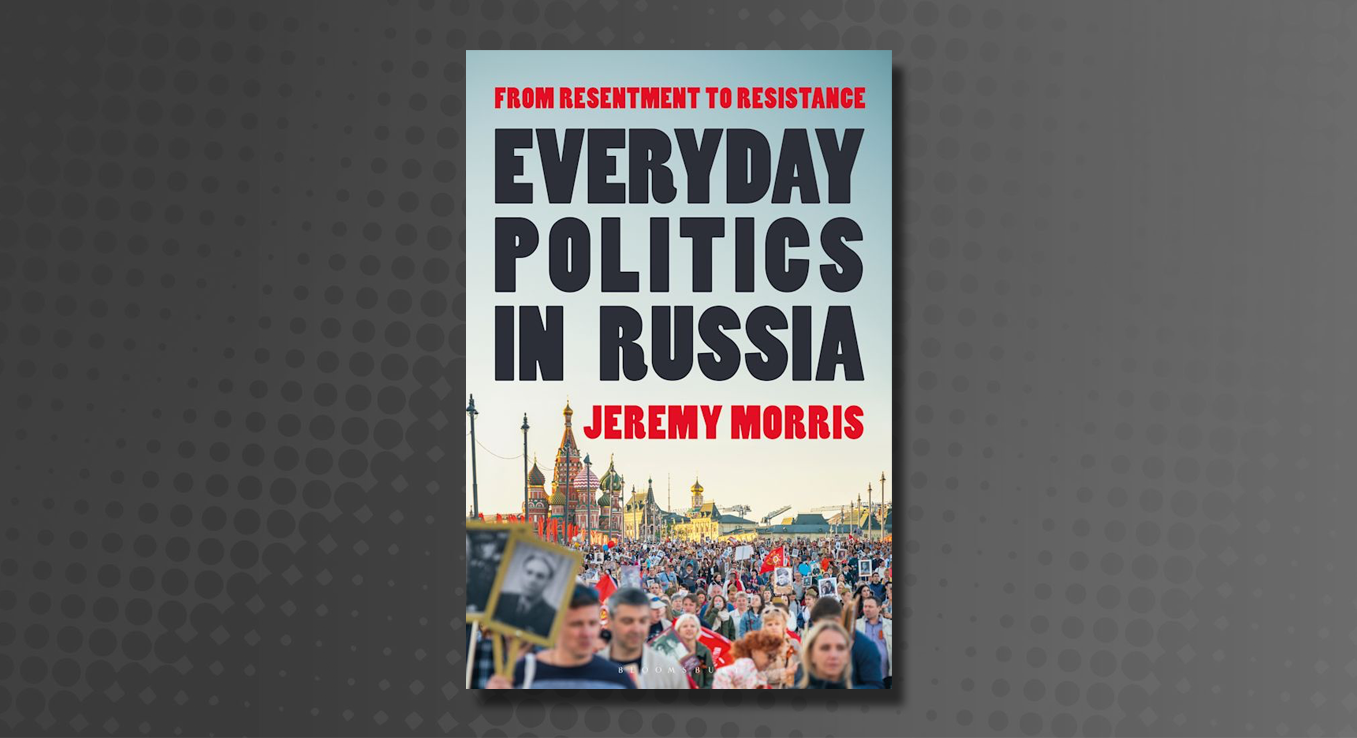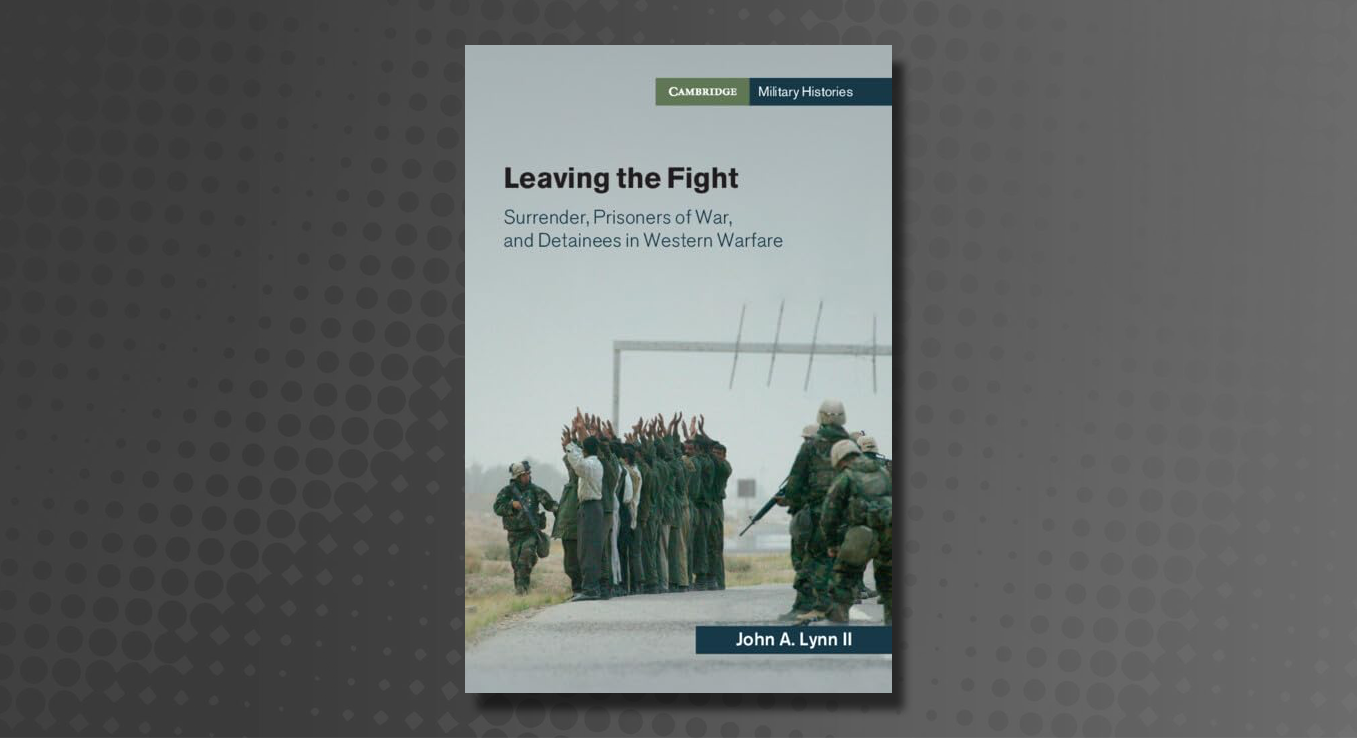What we're reading: March 2025
This month we're reading two books which explore power and conflict, from the quiet micropolitics of everyday life in Russia to the historical realities of surrender and captivity in Western warfare across centuries.

This month’s selections offer two distinct yet compelling perspectives on power, conflict, and the human condition—one grounded in the intimate, everyday experiences of Russian citizens, the other in the high-stakes decisions of war and surrender. In Everyday Politics in Russia, Jeremy Morris delves into the micropolitics of daily life, uncovering how ordinary Russians navigate, resist, and reinterpret authority in the shadow of war and repression. Meanwhile, John A. Lynn II’s Leaving the Fight takes a historical and transnational view of surrender in warfare, tracing how societies have grappled with the complex realities of capitulation, imprisonment, and survival. Together, these works challenge us to reconsider where politics happen, who they affect, and how they endure.

Everyday Politics in Russia: From Resentment to Resistance
by Jeremy Morris
This new book examines Russian everyday life through the lens of micropolitics, revealing the political content in daily interactions and practices. Drawing on decades of research and exclusive fieldwork conducted since the invasion of Ukraine, the author provides an unparalleled insight into Russian society. Engaging with diverse communities, the book offers a nuanced exploration of attitudes toward war, government, and Russia’s post-1991 political trajectory.

Leaving the Fight: Surrender, Prisoners of War, and Detainees in Western Warfare
by John A. Lynn II
This new book looks at the evolution of surrender in warfare, examining its impact on states, armies, and individuals from the Middle Ages to today. The book explores the varied forms of surrender, from battlefield capitulations to military withdrawals, including Vietnam and Afghanistan. It also investigates the treatment of prisoners of war and civilian detainees, revealing how surrender shapes conflict and its aftermath.




